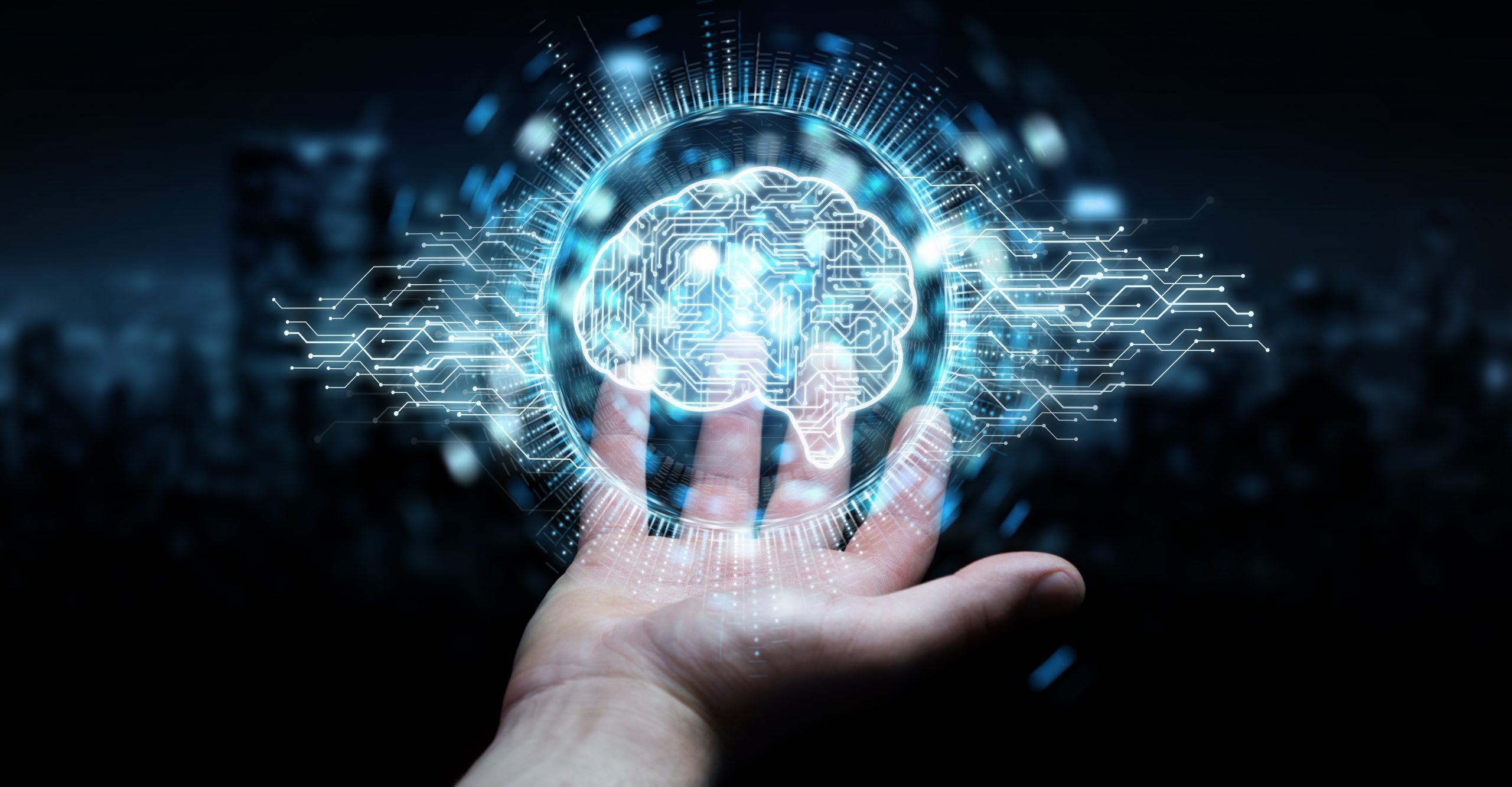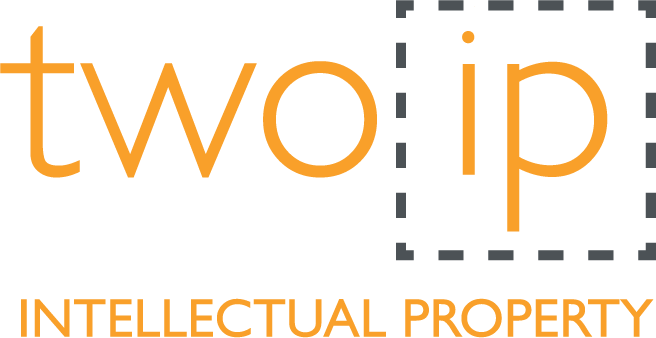
AI (Artificial Intelligence) based innovation is increasing rapidly, as is the number of patent applications filed for AI based inventions, with the number of applications filed at the European Patent Office (EPO) quadrupling in the last five years.
The UK government has also launched a National AI Strategy, a “ten-year plan to make Britain a global AI super power” intended to make AI technologies “central to our development as a global science and innovation superpower”. The strategy states that an effective Intellectual Property (IP) system is fundamental to achieving its ambition of being a “science superpower” and the UK Intellectual Property Office (UK IPO) is considering how AI impacts on the existing UK intellectual property framework and what impacts it might have for AI in the near to medium term.
Alongside this however, the Court of Appeal has ruled that an AI system cannot be an inventor on patent applications because it isn’t a person. So what will the future of IP protection for AI innovations look like?
What is AI?
AI (Artificial Intelligence) is the ability of a machine to display human-like capabilities such as reasoning, learning, planning and creativity. After receiving data, the computer processes and responds to it by distinguishing its environment, handling what it has distinguished, solves problems and acts to achieve a specific goal. AI systems can adapt on their own by surveying the effects of previous actions and independently choosing the next action to take to solve the problem.
In 1950, renowned mathematician Alan Turing changed history with a simple question: “Can machines think?”
AI and Innovation
Bringing Turing’s question into today’s world, AI exists that can support innovation and creativity. It can assist in enabling new human inventions and creations. Some believe that AI will soon be able to invent and create things in a way that makes it impossible to identify the human input in the final invention or work. But can AI truly create its own intellectual property (IP)? Can AI invent things and should an AI system be allowed to be an inventor on a patent application?
Questions have also been raised on the balance in the copyright system between the protection of human works and AI created works. What should happen to copyright in works created by AI? Should AI created works be protected by copyright and who should own it?
To look at these questions, the UK IPO carried out a public consultation in 2020. Most responses to the consultation visualized a positive future where AI supports human researchers, creators and inventors in the development of new technologies. However, there were some stark warnings that AI could take the humanity out of the creative process and harm the human creators that IP is designed to protect and reward. There was also a consensus that AI itself should not own IP rights.
Currently, it is possible to patent AI based inventions as computer programs – there are specific ways you need to define the invention in the patent claims though, to meet the EPO’s requirement for a “further technical effect”.
The DABUS case
In 2019, a team of academics lead by Dr Stephen Thaler filed patent applications naming an AI system called DABUS as the inventor.
The UK patent application was refused by the UK IPO on the grounds that DABUS could not be considered to be an inventor because it is not a person – the UK Patents Act 1977 restricts inventorship to “natural persons”, so an AI system cannot be an inventor. Dr Thaler appealed the UK IPO decision through the Court of Appeal, but it agreed with the UK IPO and ruled that DABUS didn’t qualify as an inventor because “it wasn’t a person”.
The EPO also recently refused the European DABUS patent application. The applicant argued in the application that the inventions had been autonomously created by DABUS but the EPO concluded that only a human could be an inventor within the meaning of the European Patent Convention, EPC, as designating a machine as the inventor did not comply with requirements of the EPC. Also, the EPO ruled that a machine could not transfer it’s rights in an invention to the applicant because as a machine, it lacks the required legal capacity to do so.
The DABUS patent application has also been filed in other jurisdictions. The South African patent court held that the DABUS machine could be an inventor and the patent should be granted and IP Australia has decided that the rights to the DABUS patent could be assigned to the AI system’s owner and creator, Dr Thaler. The US patent court, like the UK and the EPO, have also refused the patent applications on the grounds that an AI system cannot be an inventor.
What will the future of IP protection of AI look like?
In October 2021, the UK IPO published another consultation to seek evidence and views on a range of options on how AI should be dealt with in the patent and copyright systems. The UK IPO is interested in views on whether AI-devised inventions should be protected, and if so, how should they be protected. Given that the UK Government’s National AI Strategy includes the IP system, the responses to this consultation could prove be to very influential on how AI based inventions and copyright works can be protected in the future. We’ll report further when the results of the consultation are published
Two IP attorneys are experts on protecting “computer implemented inventions” and can advise on protecting AI based inventions.





